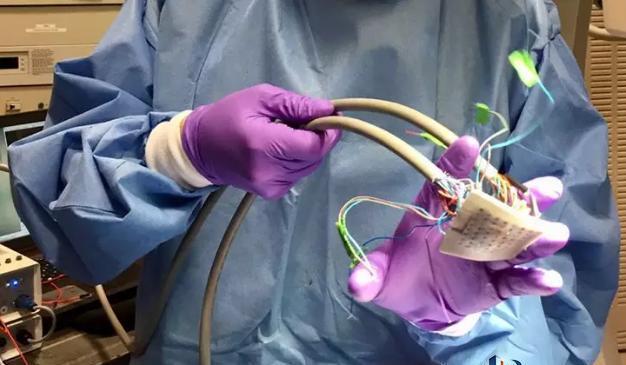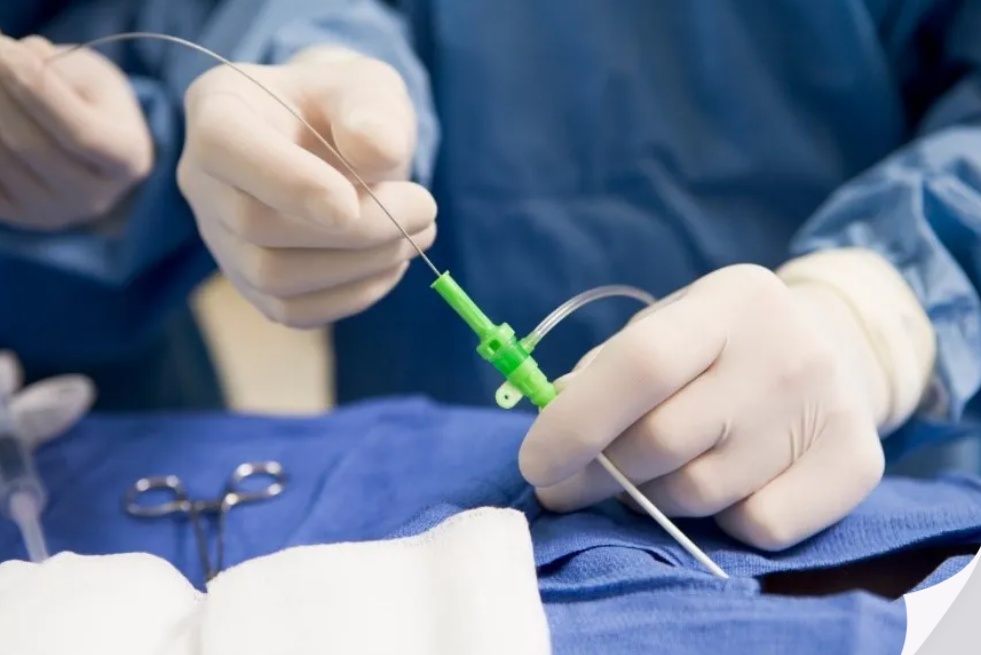Blog
Focus on the forefront of the industry dynamics, transfer the company's strength and innovation results.
Blog
2025-02-24
KangQuan Medical, in collaboration with Tongji Hospital, has released a "seamless" surgical retractor set (including incision retractors and vascular clamps), which has attracted industry attention. The product uses medical titanium alloy material, weighing 60% less than traditional instruments. It achieves "zero-suture" traction fixation in cholecystectomy, shortening the patient's post-operative recovery period by 3 days.
2025-02-24
Hubei KangQuan Medical announced that its latest **"Eagle Eye" interventional catheter system** (including angiography catheters and balloon catheters) has been granted a national invention patent. The system innovatively uses segmented imaging markers and a multi-directional controllable bend design. In clinical trials at a cardiovascular hospital in Wuhan, it successfully assisted in a renal artery stenosis intervention surgery, shortening the catheter placement time to 5 minutes and reducing the risk of vascular injury by 50%.
2025-02-24
Recently, the multi-functional catheters for laparoscopy/thoracic cavity/neurosurgery/urology systems developed by KangQuan Medical in Hubei Province have been widely used in tertiary hospitals across multiple provinces and cities. Taking a hospital in central China as an example, its general surgery department used KangQuan laparoscopic drainage catheters (with super-hydrophilic coating) to perform complex liver abscess drainage, resulting in a 30% decrease in post-operative infection rates; neurosurgery used the external ventricular drainage catheters (with radiopaque design) for precise hematoma localization, shortening the surgery time by 40%.
2025-02-24
How to improve the hydrophilicity of medical catheters
Currently, most medical catheters in China are made of hydrophobic materials such as polyvinyl chloride and silicone rubber. While these materials offer convenience for clinical diagnosis and treatment, they also present several problems. Their hydrophobic nature leads to significant frictional resistance during use, increasing the risk of vascular and luminal tissue damage and inflammation, causing patient discomfort.






